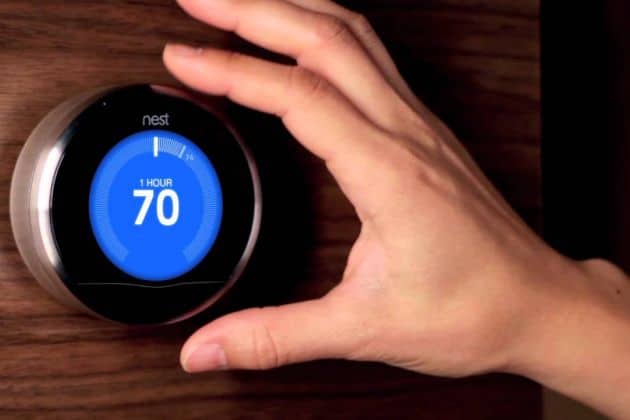Artificial intelligence may soon be able to set the thermostat exactly so that everyone is happy with it. AI will not only be able to automate certain activities, but will also have applications in smaller areas. For example, new artificial intelligence will soon be able to predict the temperature people prefer in the office.
Researchers at Purdue University think they’ve found a way for artificial intelligence to find a perfect middle ground between all the different preferences. To this end, they have set out a framework that tries to predict a person’s preferences when it comes to room temperature.
Asking questions
In their paper, the researchers stated that they wanted to find out whether it was possible for AI to learn what the room temperature should be in order to meet everyone’s needs as much as possible. This framework is an important step towards the development of intelligent systems that can respond to the individual temperature needs of employees, they write.
It is not easy to come to an unequivocal conclusion regarding temperature. For this reason, the system regularly asks employees how they feel about the temperature. I am satisfied with the current temperature, I prefer a lower temperature or I prefer a higher temperature. A series of subsequent questions must determine the temperature. This must be a maximum of three degrees higher (or lower) than the current temperature of the office.
Test results
The system has been checked in different environments to see if it actually works. The researchers found out that the AI can determine the maximum temperature for all employees within six questions. In addition, a test showed that the AI can determine a temperature that meets everyone’s wishes with a certainty of 95 percent. According to the researchers, this should ensure a high level of satisfaction among staff. In addition, the AI must help reduce the amount of energy waste.
This news article was automatically translated from Dutch to give Techzine.eu a head start. All news articles after September 1, 2019 are written in native English and NOT translated. All our background stories are written in native English as well. For more information read our launch article.